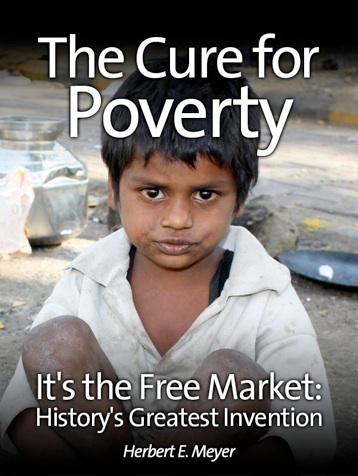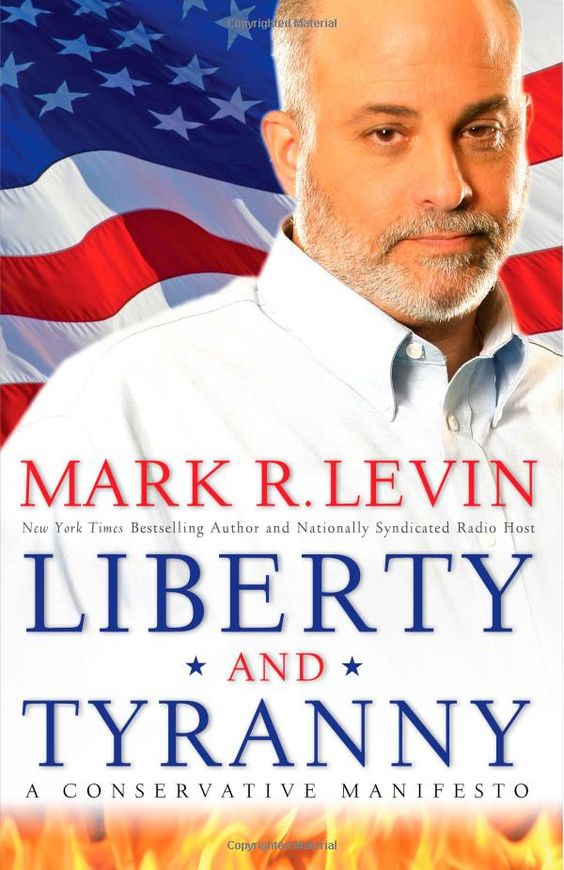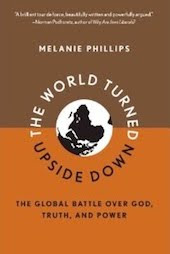One day, scientists will discover the cure for cancer. The world will erupt in joyous celebration – and rightly so. Cancer is a horrible disease that each year destroys the lives of millions of people, and finding a cure will be recognized as one of history’s greatest achievements.
There’s another disease that destroys vastly more lives each year than cancer. And we’ve found the cure for it – but no one is celebrating. Indeed, hardly anyone seems even to have noticed that we’ve already figured out how to rid the world of its most destructive scourge.
This disease is poverty. And the cure for poverty is the free market. That’s because the free market is the only environment in which entrepreneurs can flourish. And it’s the entrepreneurs – and only the entrepreneurs — who create the jobs that lift us all out of poverty.




